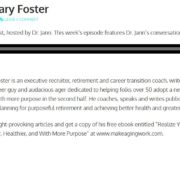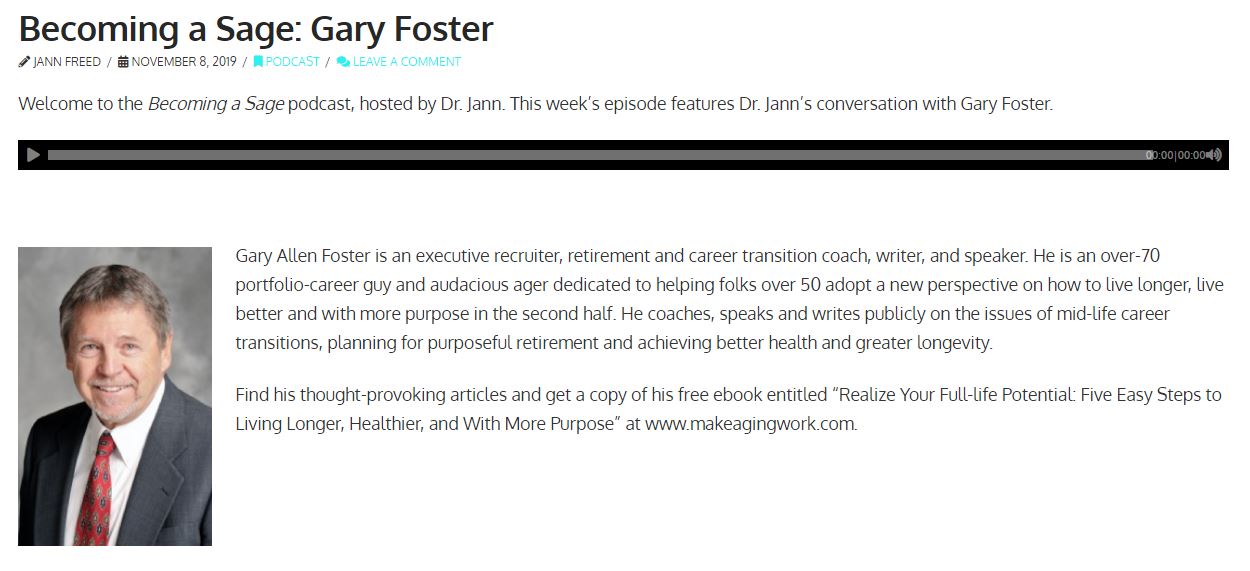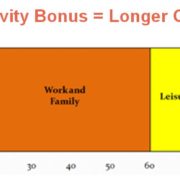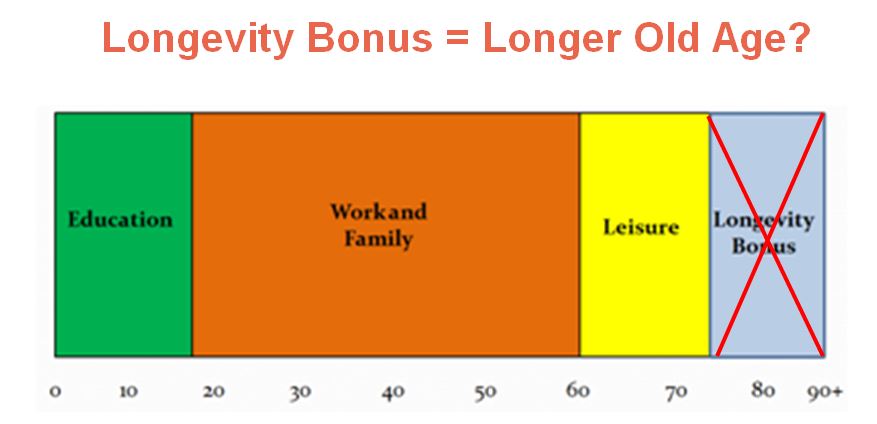Living a Regret Free Life
By Susan Williams
Over the last year or so I have talked with many people who shared with me that how they currently were living was not what they really wanted to do.
Whether it was pursuing a different profession that would allow them to be more creative or wanting to help other people more or even a desire to feel that they were making a bigger difference in the world – they all had one thing in common.
They were talking about doing something different but we’re not actually taking steps towards doing anything about it.
It made me wonder – what stops us from pursuing what we say we really want to do?
Here are just a few things that I think can get in the way;
Fear
Fear of failure, fear of what other people would think, fear of changing relationships, fear of not having enough time are just some examples of the fear that can stop someone from making a significant change.
Financial
In some cases – especially changing careers – I think that facing a potential financial impact may sometimes be even a bigger challenge than facing fear.
As we get older to think about changing from a comfortable lifestyle to possibly something less secure can be a real challenge. It may not only affect you – in many cases, it can affect an entire family.
Easier Just to Talk About It
Let’s be honest. It’s easier to just talk about what we would like to do in our lives rather than actually doing anything about it.
If we think about all the people who talk about losing weight, getting more exercise, seeing friends more often – but don’t – this is the same type of thing. It takes time, work, dedication and commitment to actually pursue something new.
Support
To make a significant change can often require support – family, friends, colleagues – especially if your decision could impact others.
So why bother? If we have to get over some of these hurdles is any significant change really worth it?
As I thought about this question, I was reminded of a TED video I watched a while back presented by Kathleen Taylor, a mental health counselor who worked with people in their final days of life.
In her presentation, Kathleen shared what was discovered as the number one regret at the end of a person’s life. She shared the following thought that was voiced by many in their final days;
“I wish I had the courage to live a life true to myself and not the life that others expected of me.”
Based on this, I think the answer to make a change or not make a change is truly a very personal decision.
The “follow your passion” or “pursue your dreams” advice looks great on Facebook and Twitter images but any significant change is a very personal decision with many different facets to consider.
I think the big question is to ask ourselves how we think we will feel at the end of our lives.
Will the choices and decisions that we have made allowed us the opportunity to live the life we really wanted to live?
I think if we can answer this question honestly and have made decisions based on this question then the choices as to whether we decide to undertake a significant change becomes easier.
Our lives will then be something to look back on with both joy and satisfaction – and without any regrets.
Here is the TED Talk given by Kathleen Turner – Rethinking the Bucket List;
Susan Williams is the Founder of Booming Encore – a digital media hub dedicated to providing information and inspiration to help Baby Boomers create and live their very best encore. Being a Boomer herself, Susan loves to discover ways to live life to the fullest. She shares her experiences, observations and opinions on living life after 50 and personally tries to embrace Booming Encore’s philosophy of making sure every day matters. For daily updates to help you live your best encore, be sure to follow Booming Encore on Twitter and join them on Facebook. (Link for website: www.boomingencore.com / Link for Twitter: www.twitter.com/boomingencore and Link for Facebook: www.facebook.com/boomingencore.








 Without a plan, that’s what it often turns into for those who refuse to give up the traditional learn-earn-retire model that we’ve bought into for the last several decades. You know the one I mean – that old, aging elephant in the room, the one that has those golden years of “every day is Saturday” at the end.
Without a plan, that’s what it often turns into for those who refuse to give up the traditional learn-earn-retire model that we’ve bought into for the last several decades. You know the one I mean – that old, aging elephant in the room, the one that has those golden years of “every day is Saturday” at the end. One common theme I see emerging from these conversations is the visceral “I have plenty to keep me busy”. Catching up on delayed home projects, more family involvement, resurrecting moth-balled hobbies, trying new activities (pickle-ball comes up more often than I expected!).
One common theme I see emerging from these conversations is the visceral “I have plenty to keep me busy”. Catching up on delayed home projects, more family involvement, resurrecting moth-balled hobbies, trying new activities (pickle-ball comes up more often than I expected!). This new terrain can be a bit like trying to negotiate the city of Chicago using a map of Des Moines.
This new terrain can be a bit like trying to negotiate the city of Chicago using a map of Des Moines.


